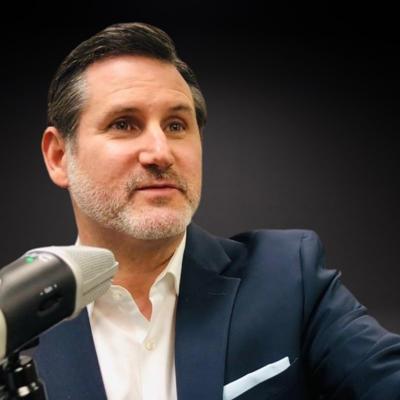Topline
JPMorgan CEO Jamie Dimon remains steadfast in his bank's diversity, equity, and inclusion efforts, despite facing challenges from conservative activist shareholders and the Trump administration's recent crackdown on DEI initiatives.
JPMorgan Chase CEO Jamie Dimon (Photo by Kevin Dietsch/Getty Images)
Key Facts
In an interview with CNBC at the World Economic Forum in Davos on Wednesday, Dimon boldly stated, "Bring them on," and reaffirmed the bank's commitment to reaching out to diverse communities, including Black, Hispanic, LGBTQ and veteran populations.
While strongly backing these initiatives at JPMorgan, Dimon takes issue with labels, such as “DEI” and “ESG,” arguing that these monikers oversimplify complex issues, making them appear as “binary” choices.
The CEO emphasized his commitment to not being swayed by partisan pressure, refusing to “pander to any which side or any which thing,” and expressed an openness to critically examining his firm’s policies and procedures.
Dimon's remarks coincide with a recent proposal from the National Legal and Policy Center—a conservative advocacy group that has called for JPMorgan to remove DEI considerations when determining pay for top executives.
Critical Quote
While Dimon actively champions initiatives supporting underrepresented communities, he resists being labeled as "woke." At an event hosted by the Female Quotient at the World Economic Forum last year, he told the crowd, “I’m going to start by telling you that I’m a full-throated, red-blooded, patriotic, unwoke, capitalist CEO. I’m not woke anything.”
Key Background
His support for diversity initiatives at JPMorgan stands in stark contrast to the current corporate and social climate, where many CEOs have either fallen silent or openly opposed such programs. Despite widespread backlash against DEI programs, Dimon has maintained a robust commitment to reaching underrepresented groups.
JPMorgan has developed a comprehensive suite of diversity-focused programs, ranging from employee resource groups for Black, LGBTQ and differently-abled staff to targeted investments in rural communities and historically Black colleges and universities. According to a letter to shareholders in April 2024, the bank's $30 billion racial equity commitment, launched in 2020, is nearly complete and will become a permanent part of the bank's operational strategy.
Dimon sees these efforts not as charitable gestures, but as sound business strategy. By expanding outreach to diverse communities, the bank can grow its customer base, attract top-tier talent and create long-term economic opportunities. "There is nothing wrong with acknowledging and trying to bridge social and economic gaps," the chief executive stated in the letter, emphasizing the bank's commitment to providing fair chances for success regardless of background.
However, in light of the United States Supreme Court's decision to revoke affirmative action, JPMorgan has signaled modifications to its processes around racial and gender quotas to ensure legal compliance.
Chief Critic
President Donald Trump signed an executive order on Tuesday aimed at dismantling DEI programs in both the public and private sectors. The order, titled "Ending Illegal Discrimination and Restoring Merit-Based Opportunity," seeks to eliminate what the administration describes as "illegal preferences" based on race, sex or other identity categories. Trump and his supporters argue that these DEI initiatives are “dangerous, demeaning, and immoral” and constitute a form of discrimination, contrary to their stated goals of promoting equality.
What To Watch For
The President has significantly escalated the campaign against DEI. His executive order directs federal agencies to scrutinize private-sector DEI programs, instructing them to identify up to nine potential targets for "civil compliance investigations" among corporations, nonprofits and other organizations, particularly focusing on those with assets of $500 million dollars or more. By targeting influential institutions and wealthy organizations, like JPMorgan, the administration could send a strong message about its stance on diversity initiatives in America.

